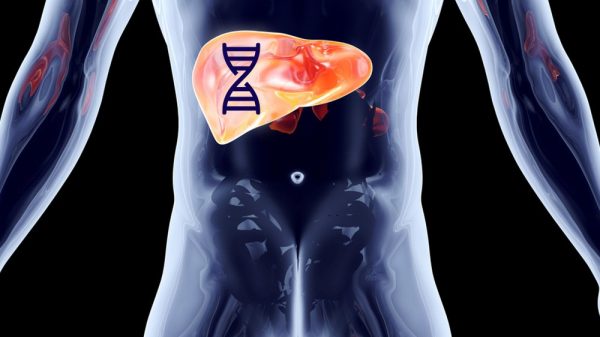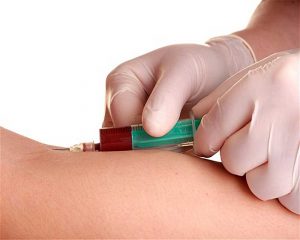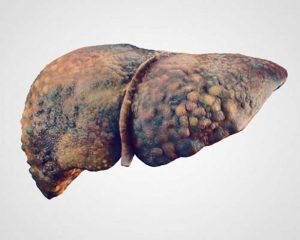Are you considering a liver transplant for your child? So then it’s important to know some key information about the procedure for youngsters. In the 1980s over 1,000 pediatric liver transplants were done in the USA. In some ways, these procedures are similar to adults. Meanwhile, in other ways, there are differences including the process before, during, and after the organ transplant. For example, there’s the score that determines where people appear on the waiting list for liver transplants. It’s known as MELD for adults and PELD for kids. As the parent of a child considering major surgery, you’ll want to know about issues like how long does a liver transplant take.
There are different issues to know about liver transplants for kids. They include how to qualify for a transplant, how long the procedure takes, and do’s/don’ts for effective recovery. The length of both the surgery itself and following hospital stay can vary. It’s based on your child’s particular case including if there are any complications during the medical procedure. Most liver transplant procedures are successful but the process of swapping in a partial/full liver is a complicated procedure that can sometimes take several hours. So it’s critical to know key details about it.
Can Liver Transplant Surgery Be Done for Children?
This procedure can be conducted for both adults and kids. The goal is to swap out a diseased liver and swap in a healthy one. The liver can originate from someone who recently passed away or a “living donor.” The person can be a relative but they must have a similar blood type.
Fun Fact: The human liver is the only organ that is able to replace tissue that’s lost/damaged. This explains why partial liver transplants are possible for livers but not other vital organs. Following surgery, the liver of the donor and the patient grows back to its original size. This usually happens within a couple of weeks.
There are various reasons why children might require a liver transplant. They include situations when a liver problem could become worse if a child doesn’t receive treatment. Among youngsters, the most common reason for liver transplants is a rare liver disease that involves the organ and “bile ducts”
There are various other health conditions that could require liver transplants including:
- Liver failure (medicine overdose, immune system disease, etc.)
- Hepatitis
- Iron buildup
- Liver cancer
- Health conditions from birth
- Genetic diseases
Liver transplants are often successful. However, there are also possible complications that could take place include:
- Bleeding
- Blocked bile ducts
- Blocked blood vessels
- Rejection of liver
- Liver doesn’t work after surgery
- Bile leaking
- Infection
It’s normal for the human body’s immune system to reject a new liver. That’s because the immune system sees foreign objects as being a threat. So it uses antibodies to attack foreign tissue or objects.
Liver transplant patients must take anti-rejection medications. The goal is a weaker response from the immune system. In most cases, the organ receiver must take the medicines for the rest of their lives.
Countries like the US have hospitals with liver transplant centers. If your child qualifies for a transplant he/she is placed on the waiting list.
How Long Does a Liver Transplant Take?
Before the surgery is performed your child must qualify for the liver transplant surgery. After being put on the waiting list your child receives a PELD score. This is based on the projected state of your child’s liver during the next three months.
A transplant center’s team will determine if your son/daughter qualifies for a liver transplant. There are various factors including the overall health of your child’s liver. Transplant surgeries are done for patients who have experienced the greatest amount of liver damage.
There are various other factors the transplant center’s team will weight. Another key one is your ability to pay for the procedure. The average cost of a liver transplant surgery is about $577,000.
This is one of the main reasons why this procedure is rare for adults and kids. About 500 child liver transplants have been done every year for the past two decades.
After a liver is found for your child you’ll be required to go to the hospital immediately. Some more blood tests are done to make sure the liver is a good match for your son/daughter.
Afterward, the surgery will take place. It can last up to several hours based on your child’s particular case. You’ll be given updates as the surgery happens.
Afterwards, your kid will be required to stay in the hospital. The amount of time is based on factors like your child’s post-operation condition and the hospital’s policies.
The child will be monitored in the hospital’s intensive care unit (ICU). The amount of time spent there depends on his/her condition. You’ll get important information related to medicines, diet, activity, etc. It’s important to follow your doctor’s instructions about these issues.
Most liver transplant surgeries are successful. One of the most common issues is liver rejection. Your kid will receive anti-rejection medications to help prevent the immune system from using antibodies to attack the new liver.
Post-Operation Tips for Liver Transplant
It’s important to know what to expect after your child’s liver transplant procedure. It’s critical to get all the information you need to provide your child with the best treatment following the major surgery. This can help to speed up the recovery process.
In fact, it will take several hours to provide you with need-to-know info following your kid’s hospital discharge. The info involves topics like medication and signs of rejection/infection. The hospital staff will help to make a schedule that meets your kid’s needs.
You can get info about post-operation care from the transplant coordinator. They’re a source of key info for the patient’s family during the entire transplant process.
You’ll need to know various kinds of info. They include medications like anti-infection and anti-rejection. You’ll also learn how to use different equipment at home. You’ll also be given phone numbers to call if there are any questions/emergencies.
The process might seem overwhelming at first. It’s important to stay in contact with the coordinator. This involves issues like medicine refills and general questions/concerns you have. The coordinator is usually available 24/7 so you can contact him/her at any tie.
Following the liver transplant, it’s important to stay in the hospital’s area for about a month. This allows the child to be an outpatient at the medical center’s transplant clinic.
This is important so doctors can monitor your kid’s status. That involves issues like infection, rejection, and medicine side-effects. The liver’s healing is checked and blood tests are taken to make sure the liver is functioning properly.
The child’s prescribed medicines are checked during every clinic visit. It’s very common for kids to take anti-rejection medicines for their whole life after the liver transplant. The medicines might need some tweaks based on factors like side-effects and abnormal blood tests after learning how long does a liver transplant take.























